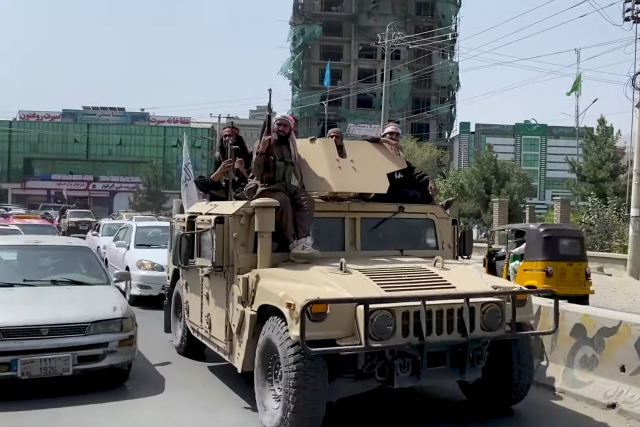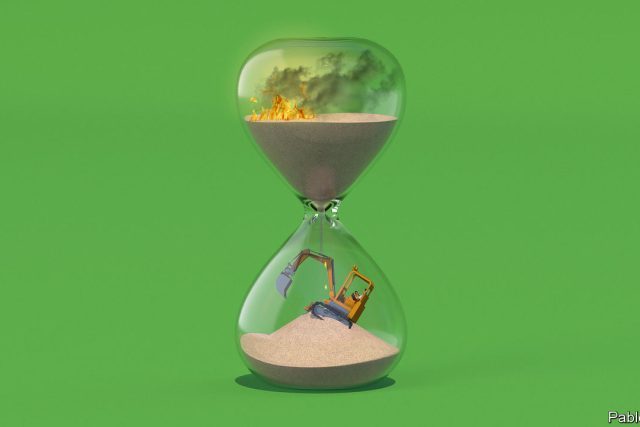The UN released two reports Tuesday, citing increases in deaths by improvised explosive devices (IED) and rising rates of drug trafficking in Afghanistan.The first report, released by the UN Assistance Mission in Afghanistan (UNAMA), shows a steep increase in deaths by IEDs in Afghanistan since the Taliban took over in 2021. The report found that out of 3,774 casualties between 2021 and 2023 of civilians, 75 percent had been caused by IEDS—particularly in public areas of education and worship. The majority of these were perpetrated by the Islamic State in Iraq and the Levant – Khorasan Province (ISIL-KP). Many of the IED casualties have been in the Shi’a Muslim Hazara community, with 95 killed and 250 wounded in IED attacks.Chief of UNAMA’s Human Rights Service Fiona Frazer called for an end to the violence, saying:These attacks on civilians and civilian objects are reprehensible and must stop. It is critical that the de facto authorities uphold their obligation to protect the right to life by carrying out independent, impartial, prompt, thorough, effective, credible and transparent investigations into IED attacks affecting civilians.Experts have raised concerns about the increase in deaths by IEDs in Afghanistan for some time. In 2022, 20 were killed in a bombing attack on a Hazara test prep center. The same year there were multiple bombings affecting schools around Kabul. The Taliban reported a death toll of six, however other sources suggest it was far more.The second report, released by the UN Office on Drugs and Crime (UNODC), alleges that a Taliban ban on poppy harvesting for opium may lead to a surge in the trafficking of synthetic drugs, such as methamphetamine, in 2023. In 2022, there were record levels of opium production in Afghanistan, mainly driven by demand in Western Europe. However, the Taliban’s ban on opium production is likely to affect the 2023 poppy harvest. The report raises concerns over how farmers who depend on poppies for financial support will fair under the new ban, calling for global humanitarian aid to those in rural areas of the country who will be affected. The report goes on to claim that this ban has potentially led to an explosion of methamphetamine production in Afghanistan, saying:Continued reports and seizure events involving methamphetamine originating in Afghanistan suggest that the drug economy in that country is no longer exclusively dominated by illicit cultivation and trafficking of opiates. Questions remain regarding the linkages between illegal manufacture of heroin and of methamphetamine and whether the two markets will develop in parallel or whether one will substitute the other.The Taliban-run Afghanistan Foreign Ministry released a statement disputing the findings in the UNODC report, saying, “We consider the assertion of increase in methamphetamine production in smuggling from Afghanistan to world markets as false far from the truth.”Opium has been a consistent source of funding for the Taliban, according to experts. The Taliban allegedly supported and even hired individuals to assist in global trafficking of the drug in the 1990s. Opium from poppies is also a key ingredient to make other popular illicit drugs such as heroin.The Taliban took over Afghanistan after the departure of US forces in August 2021. Since the takeover, the UN has issued dire warnings about the worsening human rights crisis. Women have been banned from practicing law, attending university and riding public transportation without a male chaperone. Additionally, rates of poverty and deaths by suicide have skyrocketed, as the economy has collapsed under the weight of Taliban rule and global sanctions, according to UN experts.




The Most Read
Сryptocurrencies
Bitcoin and Altcoins Trading Near Make-or-Break Levels
Financial crimes
Thieves targeted crypto execs and threatened their families in wide-ranging scheme
Financial crimes
Visa Warning: Hackers Ramp Up Card Stealing Attacks At Gas Stations
News
Capitalism is having an identity crisis – but it is still the best system
Uncategorized
The 73-year-old Vietnamese refugee is responsible for bringing Sriracha to American consumers
Uncategorized
Electric Truckmaker Rivian, Backed By Amazon, Ford, Raises Whopping $1.3 Billion